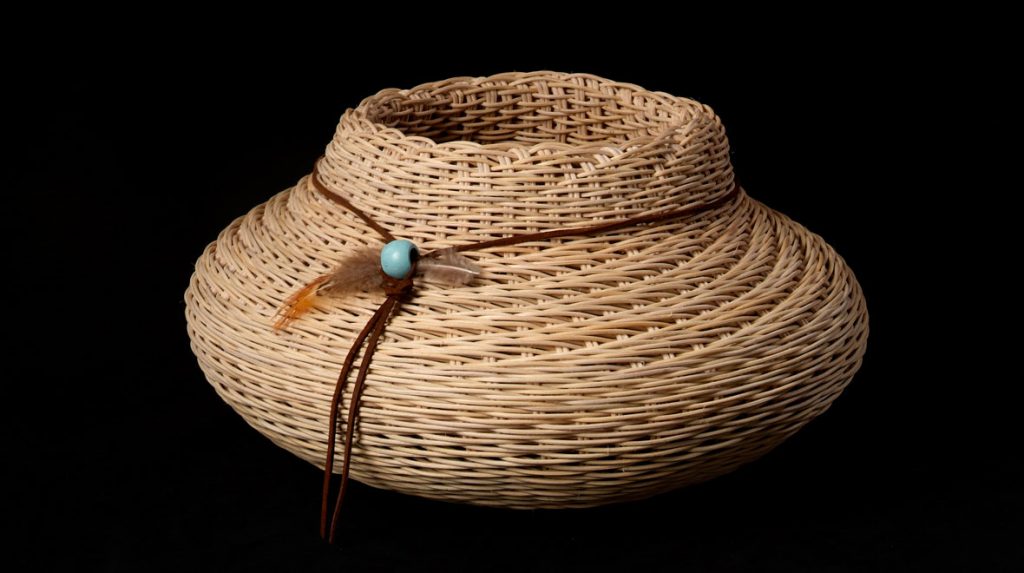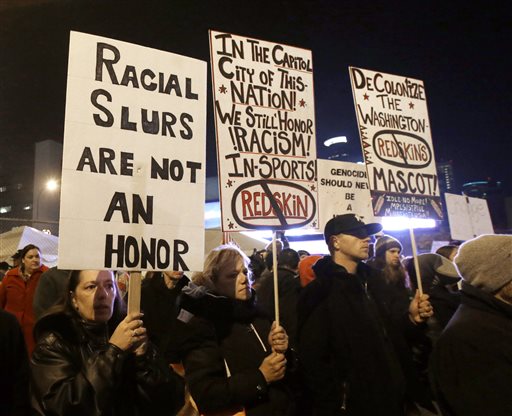We never know where our paths will take us. We just know we are going on a direction, many times, we are being led. For me, it is deeper into the forest. Now, that forest isn’t scary, but it is relatively unexplored. That forest is American Indian child placement.
I was in my 40s when I had the courage to face the really challenging questions of ‘Who am I?’ and ‘How did I come to be?’. My wasn’t the stork story; mine was more veiled, and I found out later, filled with mistruths and outright lies. One which was suggested by Dr. Spock, the go-to child raising guru of the 1950s and 1960s and beyond. Namely, don’t tell your adopted child the truth about why they were placed – it was because it was tragic or traumatic, and they don’t need to carry that burden. So, like many adoptees, I was told my parents died in a car accident. I would find out in my 30s that my first mother lived 50 miles away from me and was very much alive.
Yes, Dr. Spock had good intentions, we should have to carry that burden of knowledge, but we end up carrying an even heavier burden, on that grows as we grow old as people begin to pile on their own ideas and believes about race, of class, of belonging, of who is deserving and who is not deserving of certain labels, of who is good, who is worthless, who can be saved and who is thrown away, alot of it only be the difference in skin color. So, by the time we realize how heavy that burden has become, and we believe it is ours to carry alone, too many of us break. Suicide, unfortunately, is all too common in our community.
My graduate degree in cultural anthropology not only allowed me to put that burden down, but to share it, with all the stakeholders involved in child placement: first parents, adoptive parents, social workers, adoption lawyers, policy makers and tribal and white communities. All of them played a role in the burden I carried for too long. And they continue to play a role for so many other children.
The white Christian Evangelical community plays a key role in determining how brown babies go to white parents. That’s not inherently bad, but the child pays a huge cost and the family pays little if any. It’s the child that experiences the removal and placement; that experiences the feelings of difference and non-belonging because of race; it’s the child that carries the burdens of racist ideas and thoughts, of a separation from a history that ‘other’ people have, not them; it’s the child that knows, unlike other children, there is another ‘home’, one that is defined as awful, and implications that we are awful because we came from such a place. All the while, parents can accept the accolades of being so ‘kind’ so ‘good’ to bring such a child in their home; they can play the role of ‘savior’ and ‘anti-racist’ at the same time – a two-for-one special: Look how magnanimous we are for bringing this brown child from a shit-hole country into our lives! We’ll give them more things, better things, we’ll educate them, they’ll have access to all the right people, jobs.
But we don’t want things, we want to be accepted unquestionably into the realms we were removed from and placed into. We want our histories, our truths, our families, our communities. We want you to share this burden of who we truly are, not who you want us to be, to introduce us to the people who can help us navigate these dangerous waters, the people who have the same color skin we do, the people who can tell us our history with pride, not with tones of colonization. We want this adoption to be about us, not you. Because the burdens of truth fall on our thin shoulders, and too many times we carry it alone.




2 Comments
In today’s society we rarely understand the value of knowing who we are and being who we are.
In too many cases we aren’t encouraged, no even allowed to know who we are because of the ‘savior’ mentality that goes with making us better.
Thanks for commenting, Levi!